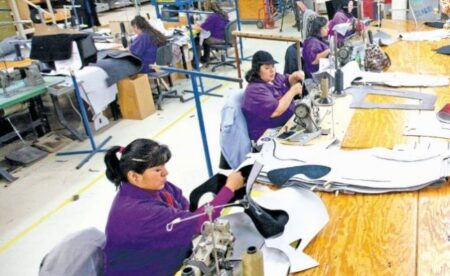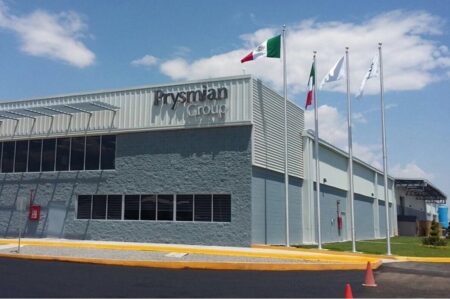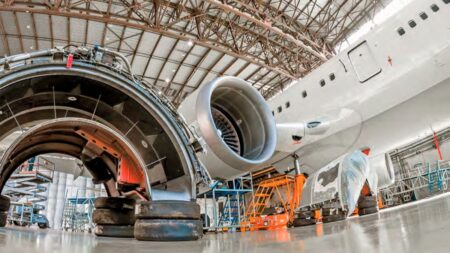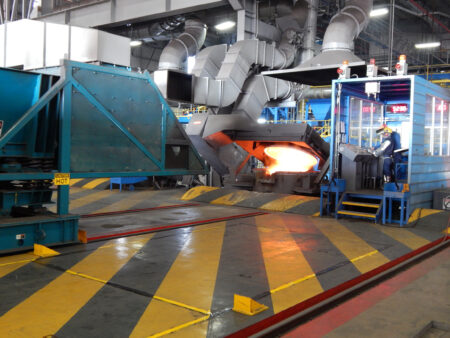AGREEMENT that modifies the various by which the export and import quotas of non-originating textile goods and clothing are disclosed
On August 27, 2021, the Ministry of the Economy, announced through various publications the export and import quotas for non-originating textile goods and clothing, susceptible to receiving preferential tariff treatment, in accordance with the Agreement between the United States of America, the United Mexican States and Canada, which was modified by various means published in the same official diffusion organ on March 5, 2021 (Agreement) and which aims to establish tariff preferences for textile goods and clothing not originating in the Treaty region between the United States of America, the United Mexican States and Canada (T-MEC) and that are exported to those countries.
The agreement was modified with the purpose of making more efficient the use of quotas to export cotton garments or artificial or synthetic fibers and wool garments and eliminate the established textile categories and promote the controlled use of the designated quantities of the Assignment Procedures to cover the commitments of exporters to the United States of America with the anticipation necessary to establish contracts and schedule their operations.

Therefore, in compliance with the provisions of the Foreign Trade Law, the provisions to which it refers were submitted to the consideration of the Foreign Trade Commission where the modification of the export and import quotas of textile goods and non-originating garments, susceptible to receive preferential tariff treatment, in accordance with the treaty between the United States of America, the United Mexican States and Canada.
The first paragraph of Point 1.1 is amended; the third paragraph of Point 1.4; Points 2.1.; 2.1.1;2.1.6; 2.2.1; 2.2.2; the first paragraph of Point 2.2.7; Point 2.2.9; the third paragraph to Point 2.3.1; Points 2.3.5; 2.3.6; 2.3.7 and 2.3.12; a first paragraph is added to Point 2.2.4; a last paragraph to Point 2.3.1 and a last paragraph to Point 2.3.2, and points 2.2.3 and 2.2.5 of the Agreement that disclose the export and import quotas for textile goods and clothing are repealed. non-originating clothing, susceptible to receive preferential tariff treatment, in accordance with the Agreement between the United States of America, the United Mexican States and Canada, published in the Official Gazette of the Federation on June 29, 2020.
Click here to access the official publication in the Official Gazette of the Federation (DOF) for your consultation.







